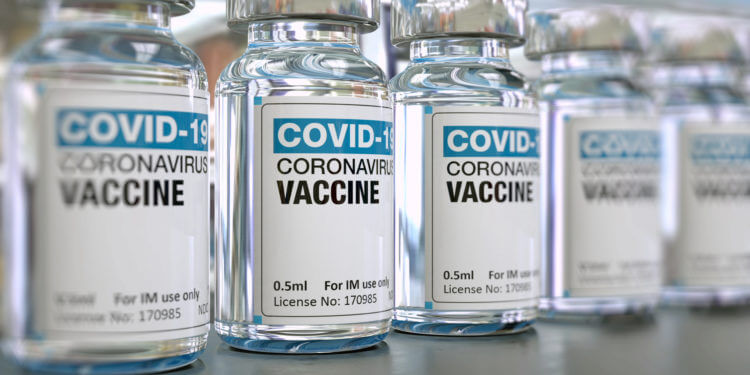President Akufo-Addo in his 23rd national update on government measures to curb the COVID-19 pandemic in Ghana on January 31, announced that “… by the end of June, a total of 17.6 million vaccine doses would be procured for the Ghanaian people,” with the first doses arriving in March.
However, under the COVAX facility, Ghana is expected to receive about 2.4 million initial doses of the AstraZeneca COVID-19 vaccine by end of February 2021. Based on the distribution forecast published by the COVAX facility on Wednesday, February 3, 2021, the consignment is expected to cover at least 3% of Ghana’s population.
Though this might be considered a piece of good news, two questions remain:
a. Why is Ghana focused on AstraZeneca given its ineffectiveness against the South African variant?
b. Why aren’t other vaccines such as vaccines from Pfizer or Moderna not a strong contender?
AstraZeneca’s ineffectiveness against SA variant
In a small clinical trial conducted by researchers from Oxford and the South Africa’s University of Witwatersrand, the vaccine’s efficacy showed very little protection against mild to moderate infection.
“The results that we now describe against the variant, the point estimate is 10%. Clearly, that is far off the 60% mark and, even if you had a larger study you are unlikely to get to a vaccine efficacy readout of even 40 or 50%,” said Prof Shabir Madhi from the University of the Witwatersrand.
He led the Oxford/AstraZeneca trial in South Africa.
“What the study results really tell us is that, in a relatively young age group demographic – with very low prevalence of morbidities such as hypertension and diabetes, etc – the vaccine does not protect against mild to moderate infection.”
Given the study, South Africa has responded by halting the rollout of the AstraZeneca vaccine in the country. In the meantime, South Africa has ordered 9 million doses of Johnson & Johnson’s one-shot coronavirus vaccine which preliminary data showed was effective in preventing severe COVID-19 in those infected with the South African strain. South Africa also plans to procure Pfizer’s vaccine to begin vaccinating health workers.
ALSO READ: Onyema Ogbuagbu – The African who helped develop Pfizer’s COVID-19 vaccine
The World Health Organization’s Director of Immunization, Dr. Katherine O’Brien, however, said the South African study was “inconclusive” and it was “plausible” the vaccine (AstraZeneca) would still prevent severe disease.
Moreover, other scientists have said that the clinical trial evaluated 2,000 participants who were relatively young with an average age of 31, and thus unlikely to become severely ill. This according to scientists makes it impossible to determine if the variant interfered with the AstraZeneca-Oxford vaccine’s ability to protect against severe Covid-19, hospitalizations, or deaths.
Why vaccines from Pfizer’s & others are strong contenders
AstraZeneca seems to be particularly suitable for developing countries such as Ghana, than Pfizer or any other vaccine. This is due to AstraZeneca’s cheaper cost and the vaccine’s ability to be stored at normal refrigerator temperatures making delivery easier and cheaper.
Ghana lacks the storage capacity for vaccines from Pfizer and Moderna. They require extremely low temperatures, until shortly before they are administered.
Tabular Analysis of Vaccine Comparison

Why Covid-19 vaccine is important
Given the continuous spread of the virus, the increased infection and death rate, as well as the restrictions on our daily lives which have in some ways affected our source of livelihood, there is the need for a way out, and the vaccines at the moment provide that way out.
It is however important for the scientific and pharmaceutical community in the country to ensure that the vaccines are safe, and provide a high level of efficacy with limited to no side effects before mass distribution or vaccination.










